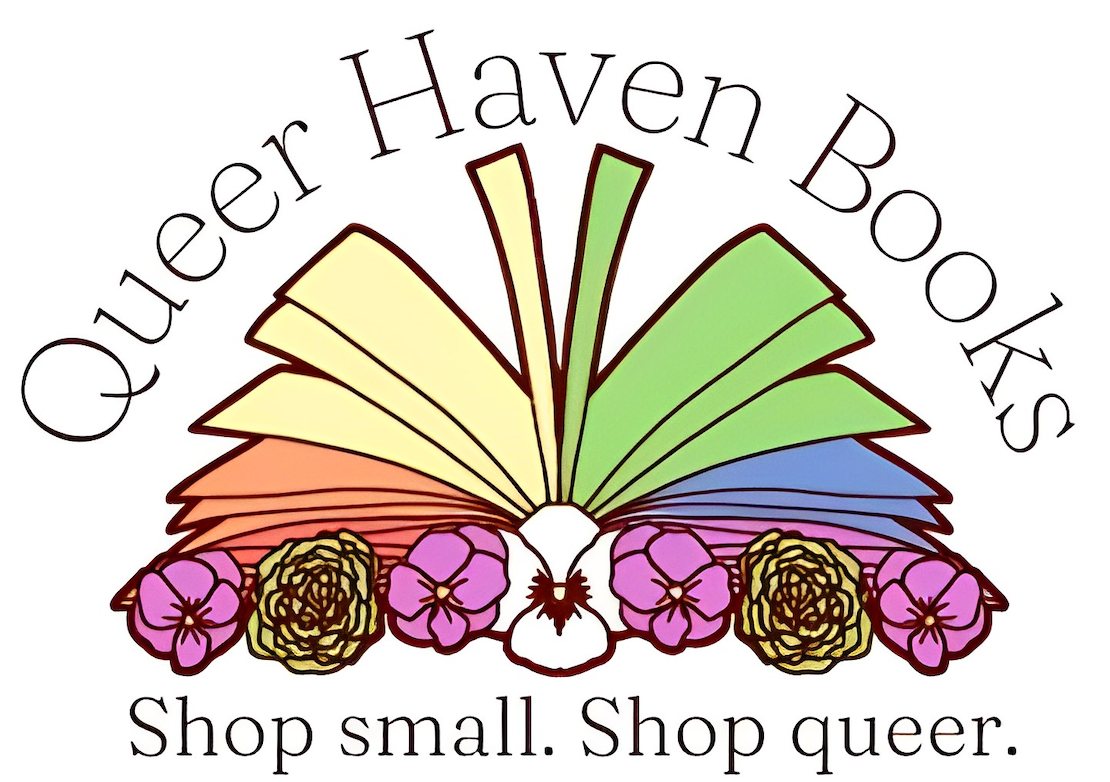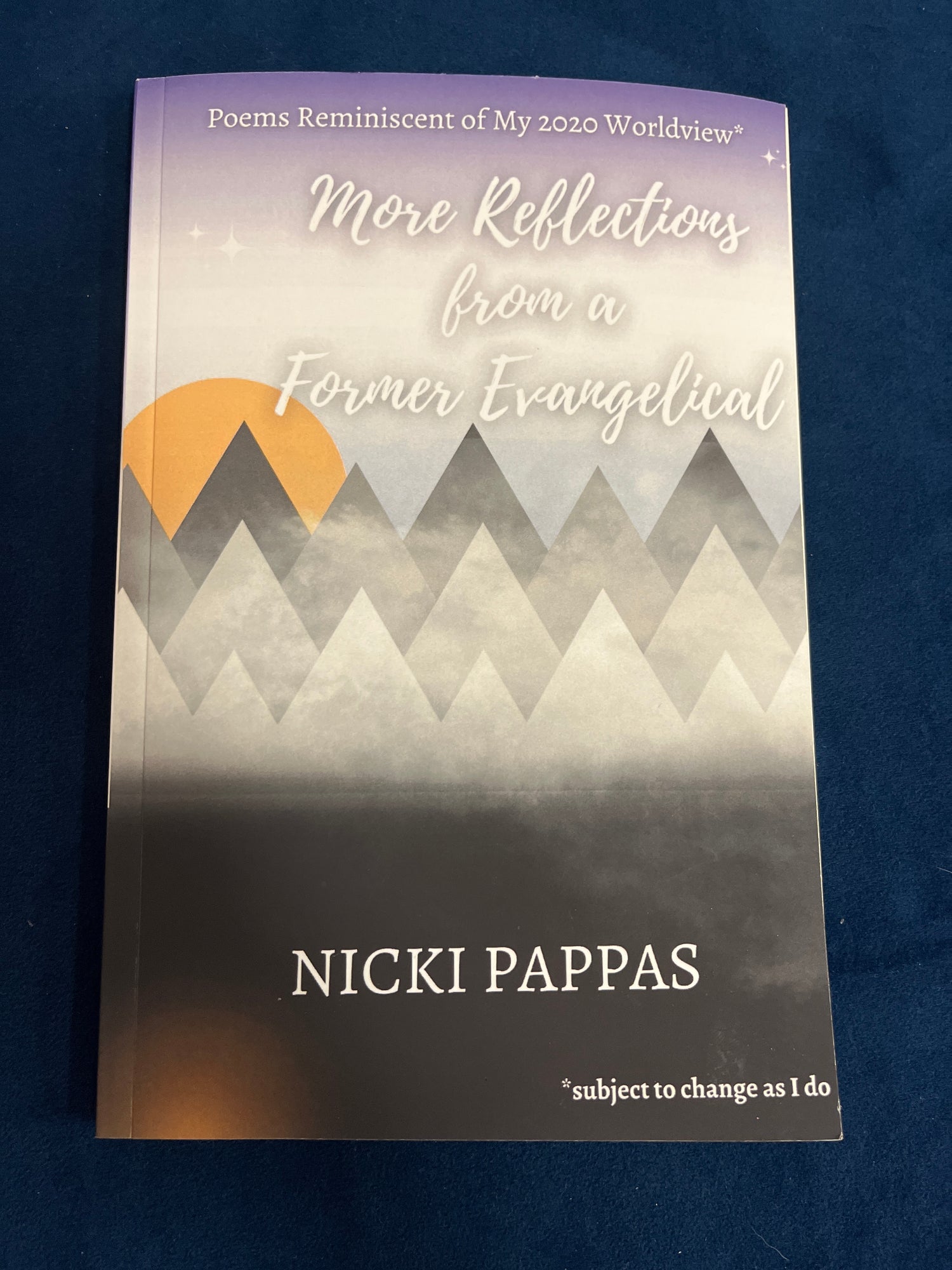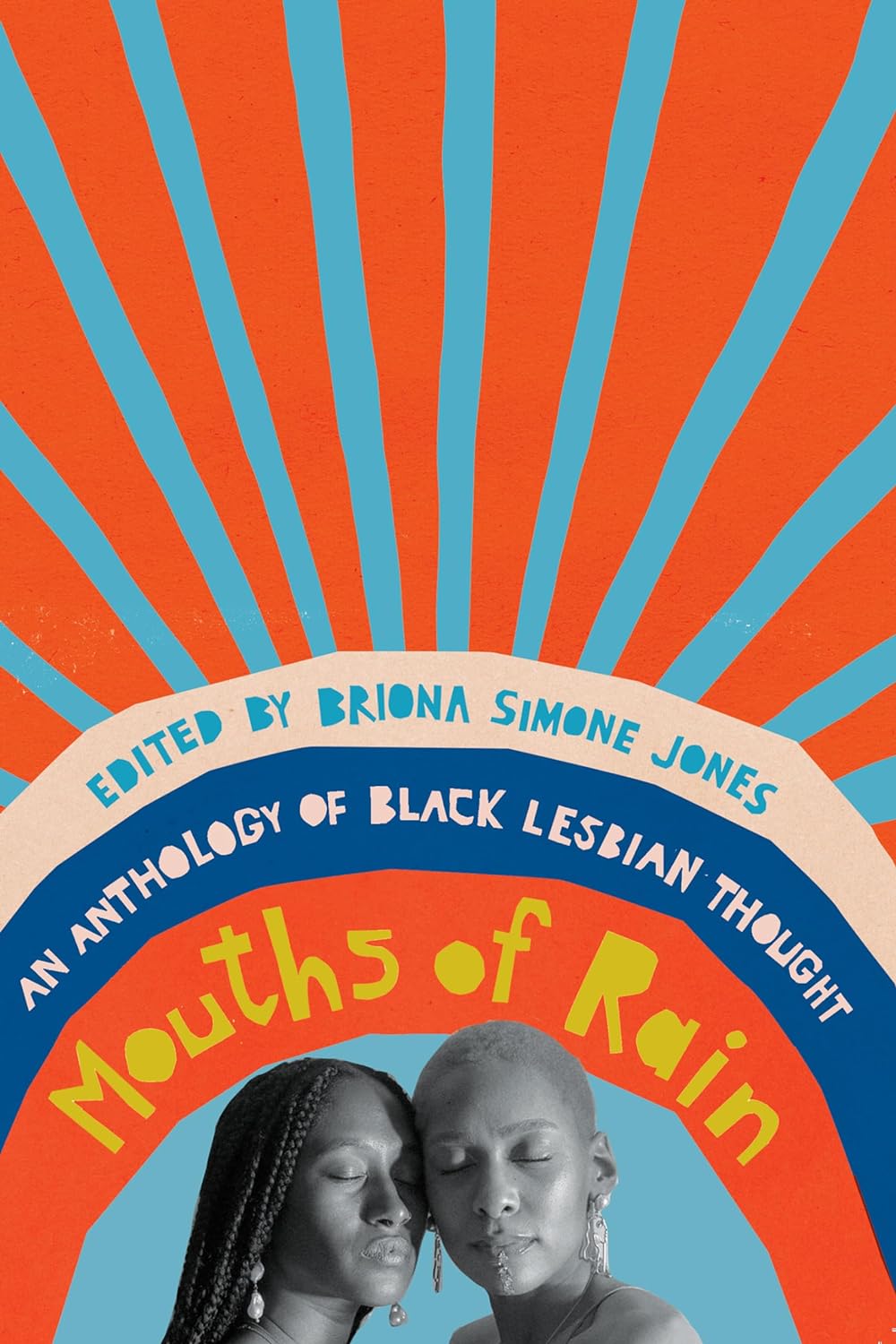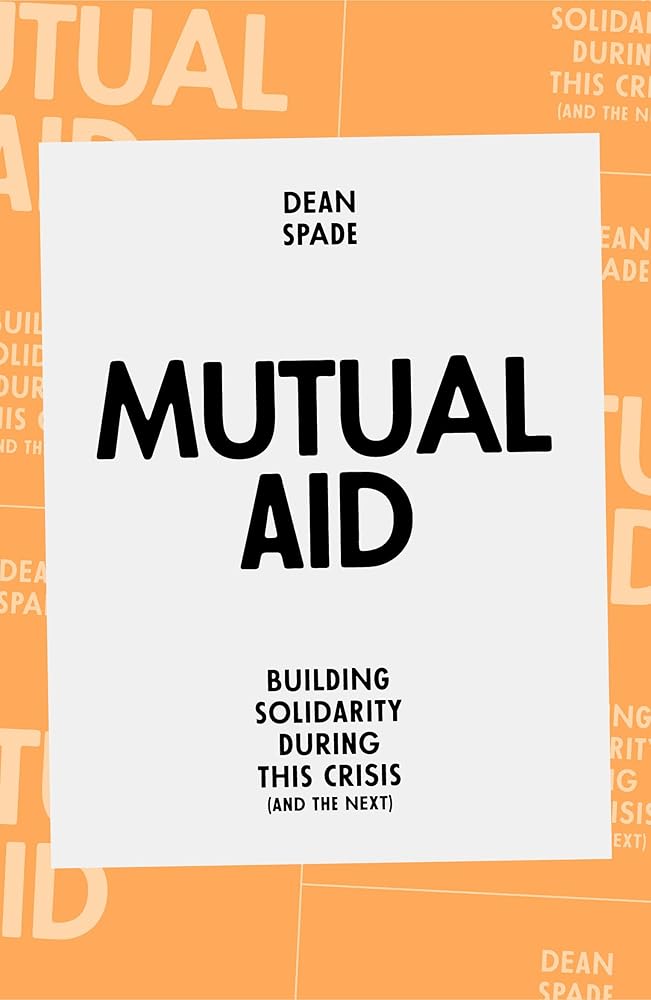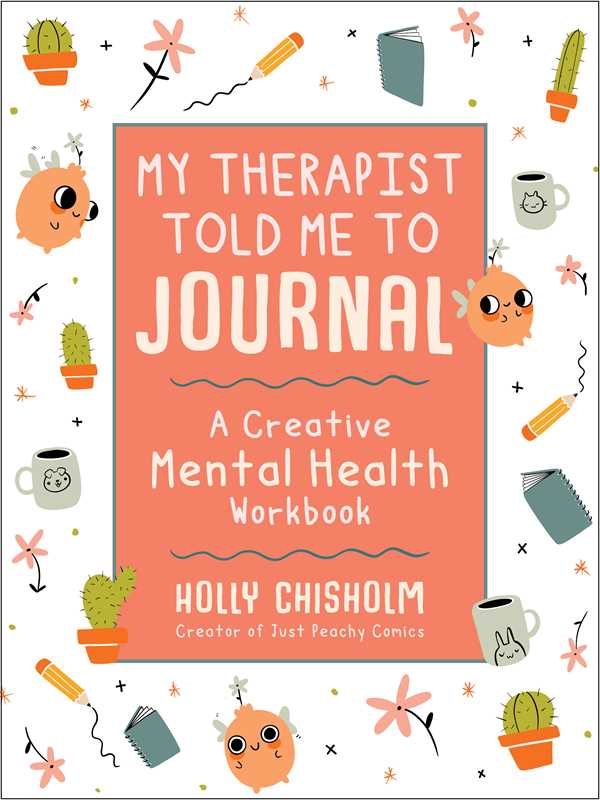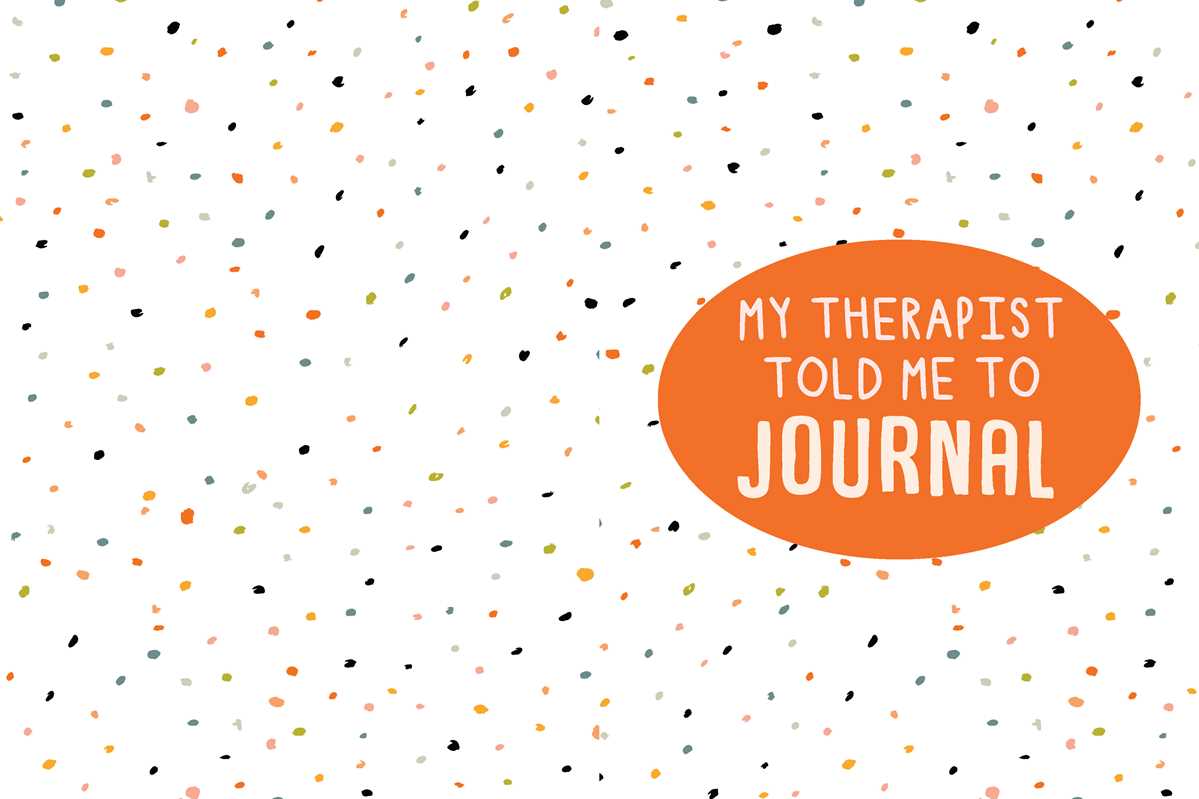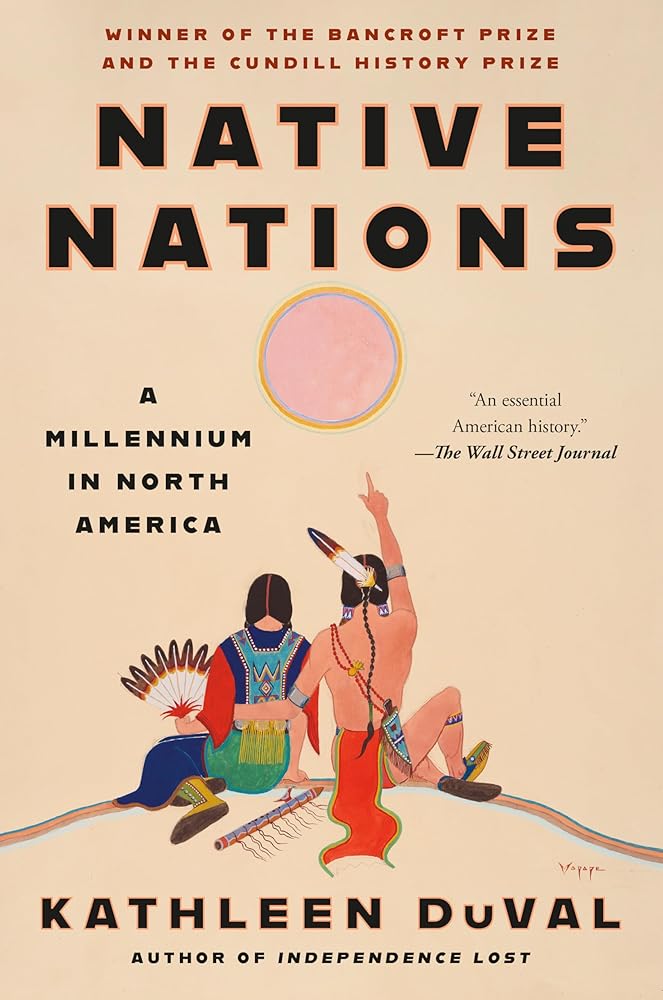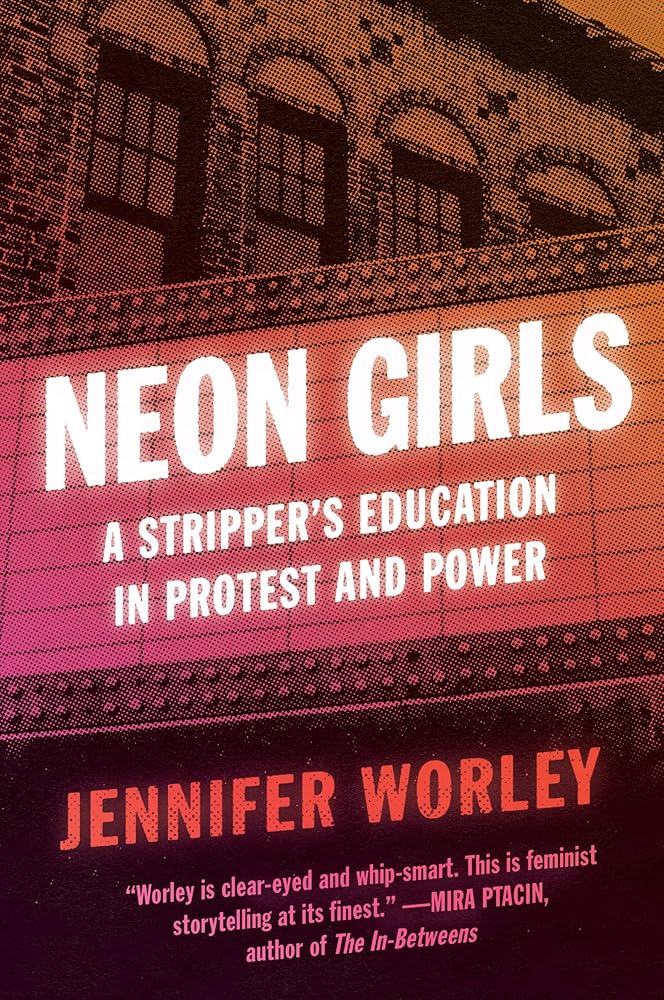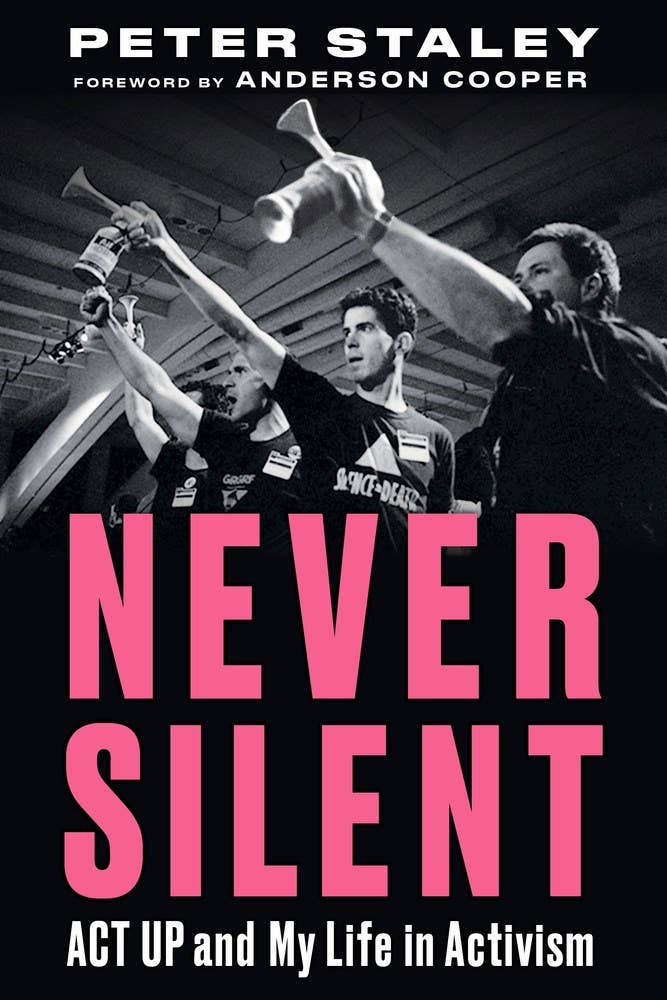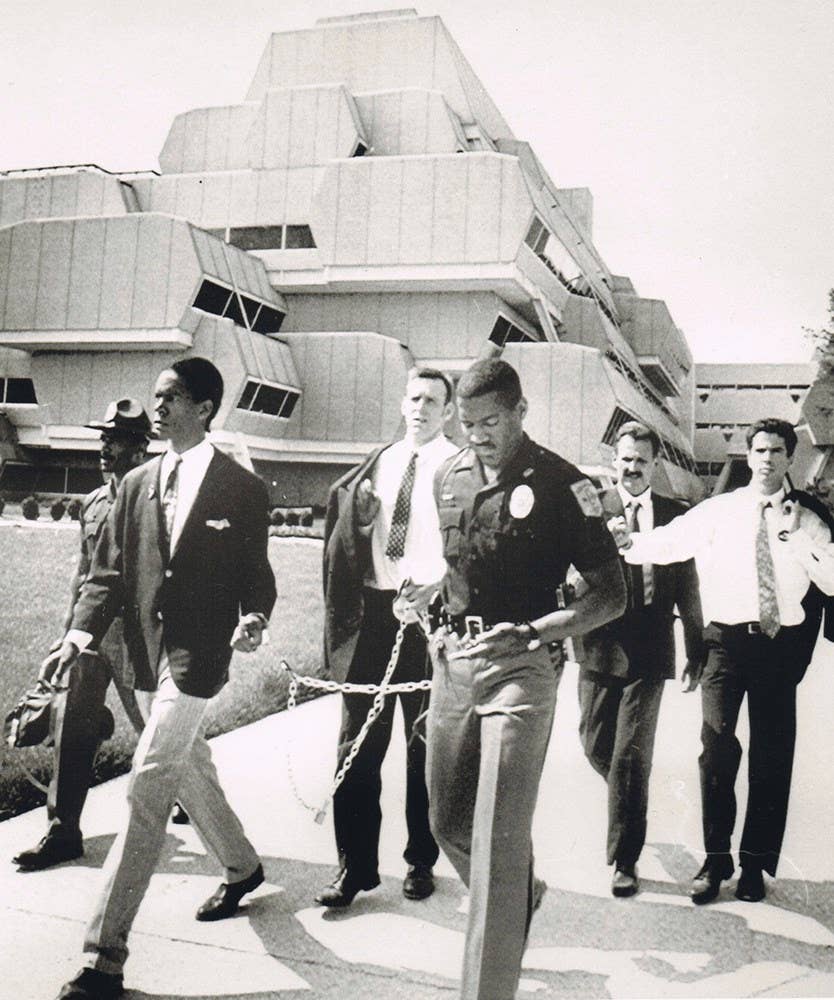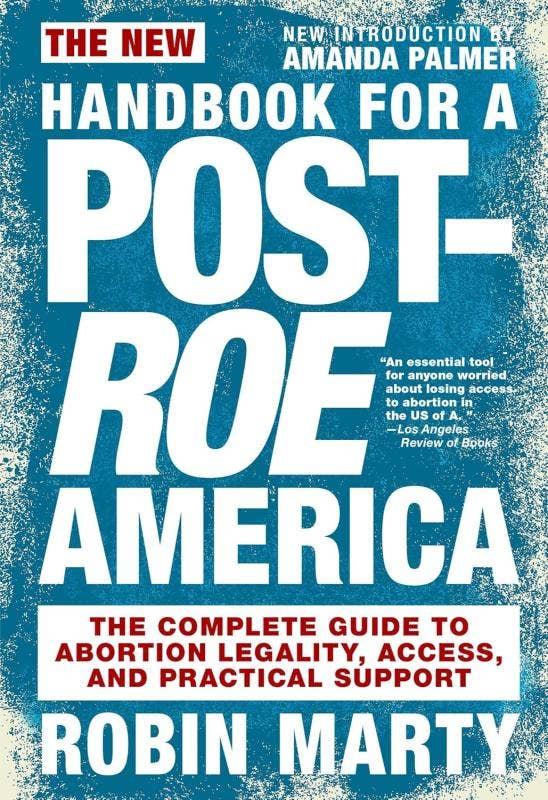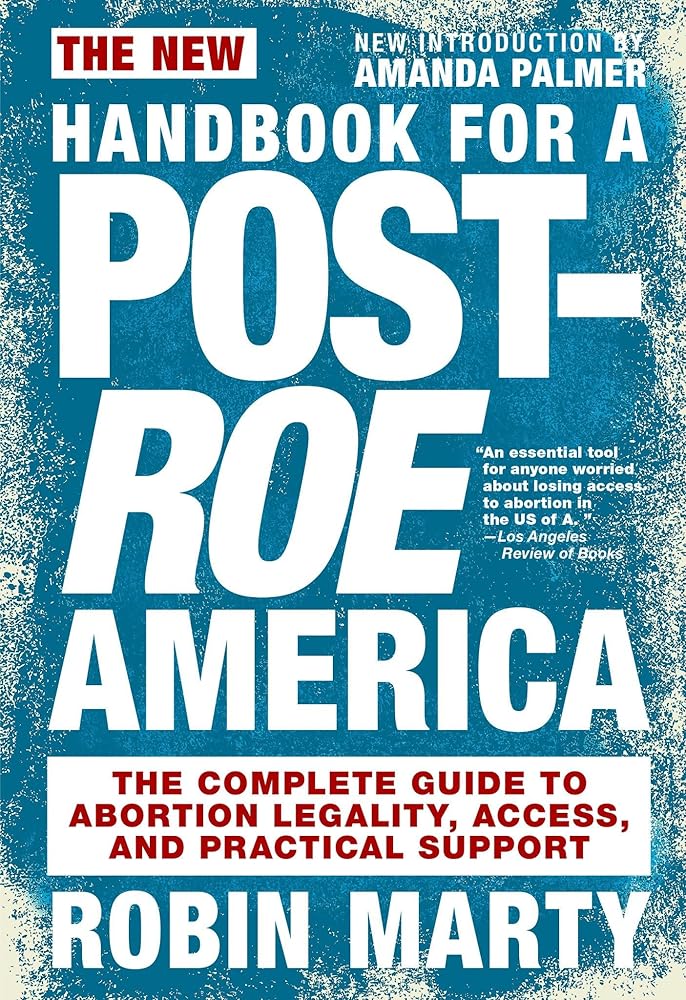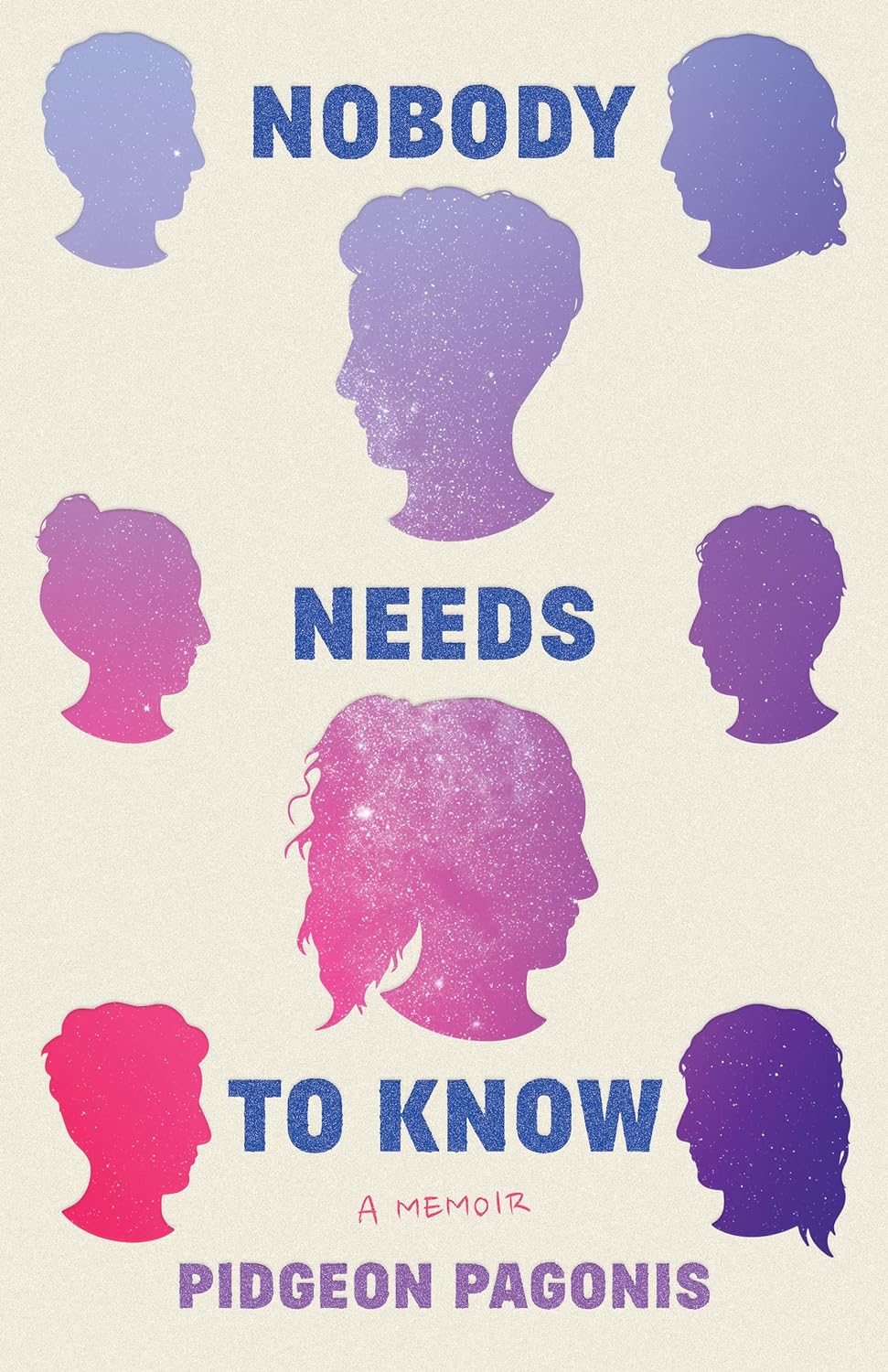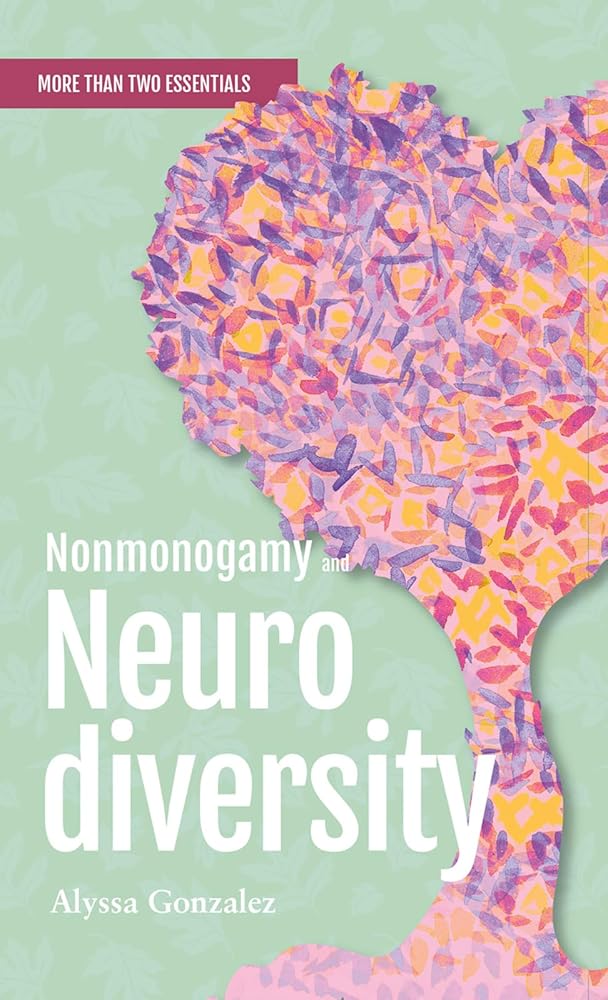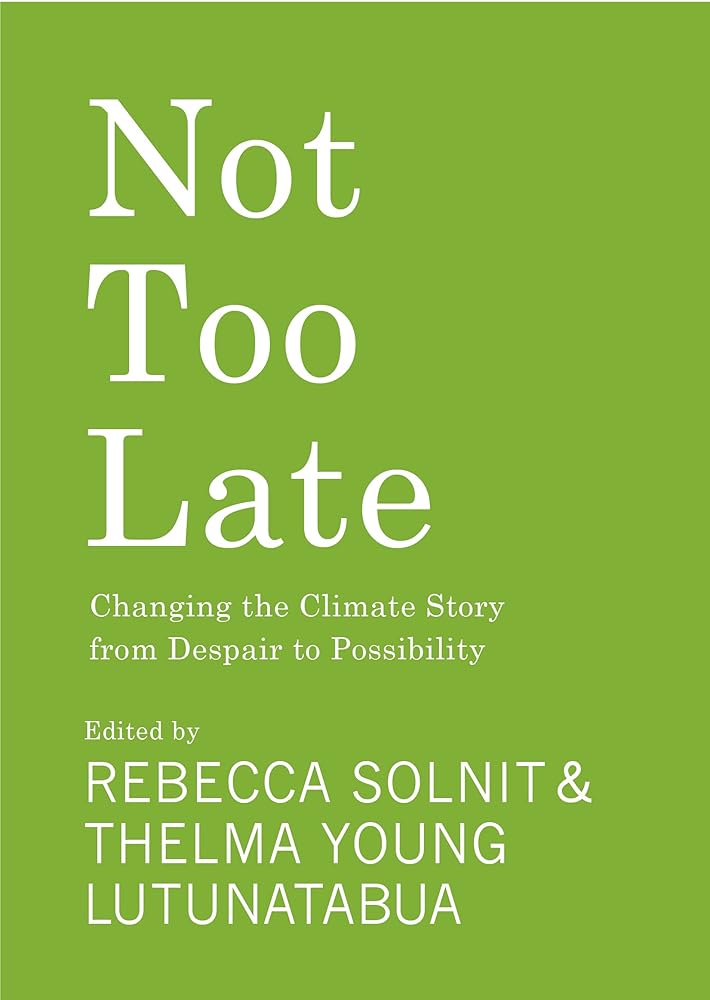Sort by:
364 products
364 products
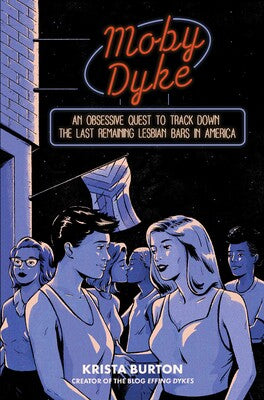

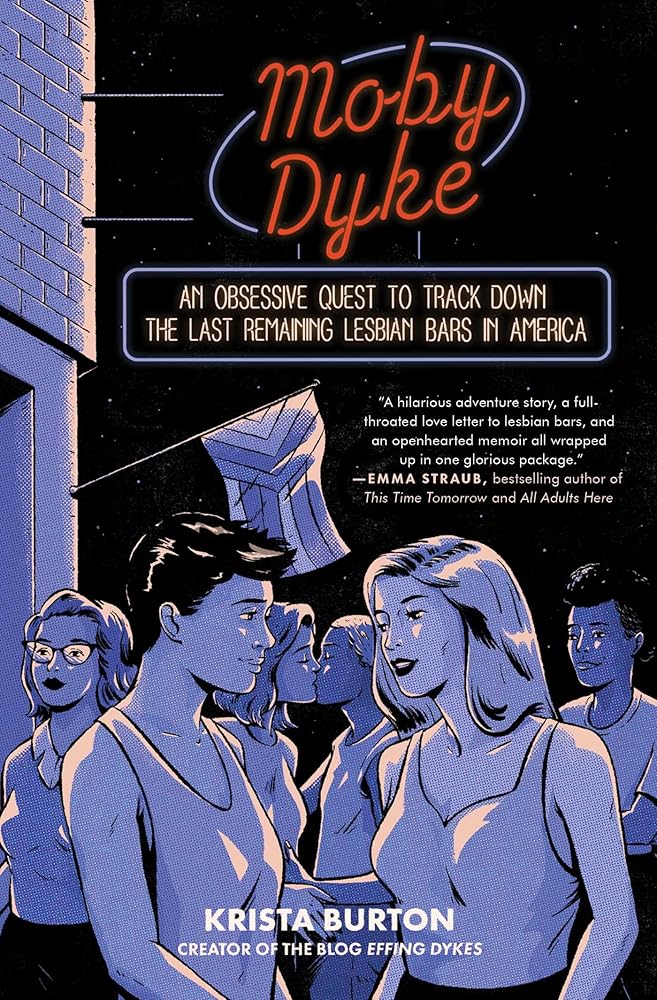
Moby Dyke: An Obsessive Quest To Track Down The Last Remaining Lesbian Bars In America
$19.99
Unit price perMoby Dyke: An Obsessive Quest To Track Down The Last Remaining Lesbian Bars In America
$19.99
Unit price perA former Rookie contributor and creator of the popular blog Effing Dykes investigates the disappearance of America’s lesbian bars by visiting the last few in existence.
Lesbian bars have always been treasured safe spaces for their customers, providing not only a good time but a shelter from societal alienation and outright persecution. In 1987, there were 206 of them in America. Today, only a couple dozen remain. How and why did this happen? What has been lost—or possibly gained—by such a decline? What transpires when marginalized communities become more accepted and mainstream?
In Moby Dyke, Krista Burton attempts to answer these questions firsthand, venturing on an epic cross-country pilgrimage to the last few remaining dyke bars. Her pilgrimage includes taking in her first drag show since the onset of the pandemic at The Back Door in Bloomington, Indiana; competing in dildo races at Houston’s Pearl Bar; and, despite her deep-seated hatred of karaoke, joining a group serenade at Nashville’s Lipstick Lounge and enjoying the dreaded pastime for the first time in her life. While Burton sets out on the excursion to assess the current state of lesbian bars, she also winds up examining her own personal journey, from coming out to her Mormon parents to recently marrying her husband, a trans man whose presence on the trip underscores the important conversation about who precisely is welcome in certain queer spaces—and how they and their occupants continue to evolve.
Moby Dyke is an insightful and hilarious travelogue that celebrates the kind of community that can only be found in windowless rooms soundtracked by Britney Spears-heavy playlists and illuminated by overhead holiday lights no matter the time of year.
By: Briona Simone Jones (Editor), 2021, Paperback
Winner, Lambda Literary Award in LGBTQ Anthology
Winner, Judy Grahn Award for Lesbian Nonfiction, Publishing Triangle Awards
A Ms. magazine, Refinery29, and Lambda Literary Most Anticipated Read of 2021
A groundbreaking collection tracing the history of intellectual thought by Black Lesbian writers, in the tradition of The New Press's perennial seller Words of Fire
African American lesbian writers and theorists have made extraordinary contributions to feminist theory, activism, and writing. Mouths of Rain, the companion anthology to Beverly Guy-Sheftall's classic Words of Fire, traces the long history of intellectual thought produced by Black Lesbian writers, spanning the nineteenth century through the twenty-first century.
Using “Black Lesbian” as a capacious signifier, Mouths of Rain includes writing by Black women who have shared intimate and loving relationships with other women, as well as Black women who see bonding as mutual, Black women who have self-identified as lesbian, Black women who have written about Black Lesbians, and Black women who theorize about and see the word lesbian as a political descriptor that disrupts and critiques capitalism, heterosexism, and heteropatriarchy. Taking its title from a poem by Audre Lorde, Mouths of Rain addresses pervasive issues such as misogynoir and anti-blackness while also attending to love, romance, “coming out,” and the erotic.
Contributors include:
Barbara Smith
Beverly Smith
Bettina Love
Dionne Brand
Cheryl Clarke
Cathy J. Cohen
Angelina Weld Grimke
Alexis Pauline Gumbs
Audre Lorde
Dawn Lundy Martin
Pauli Murray
Michelle Parkerson
Mecca Jamilah Sullivan
Alice Walker
Jewelle Gomez
Mutual aid is the radical act of caring for each other while working to change the world.
Around the globe, people are faced with a spiralling succession of crises, from the Covid-19 pandemic and climate change-induced fires, floods, and storms to the ongoing horrors of mass incarceration, racist policing, brutal immigration enforcement, endemic gender violence, and severe wealth inequality. As governments fail to respond to—or actively engineer—each crisis, ordinary people are finding bold and innovative ways to share resources and support the vulnerable.
Survival work, when done alongside social movement demands for transformative change, is called mutual aid.
This book is about mutual aid: why it is so important, what it looks like, and how to do it. It provides a grassroots theory of mutual aid, describes how mutual aid is a crucial part of powerful movements for social justice, and offers concrete tools for organizing, such as how to work in groups, how to foster a collective decision-making process, how to prevent and address conflict, and how to deal with burnout.
Writing for those new to activism as well as those who have been in social movements for a long time, Dean Spade draws on years of organizing to offer a radical vision of community mobilization, social transformation, compassionate activism, and solidarity.
Write that sh*t down!
Keep anxiety and depression in check with tons of totally doable mental health tips and techniques included here. You'll find some silly things, some serious things, some resources and exercises—oh, and a whole page of STICKERS to use throughout your journal.
The author HATES journaling. This is the journal she wishes she had had when first starting out in therapy.
From the creator of Just Peachy Comics, this interactive self-care book uses journaling, drawing, and goal-tracking to help improve the user's overall mental health and well-being. The journal will introduce you to a variety of therapy practices such as CBT (Cognitive behavioral therapy) and EMDR. It will also illustrate the author's “dot method” of goal tracking to help reduce anxiety.
These inviting pages include checklists, doodle boxes, gratitude prompts, goal pages, supportive characters, encouragement, resources on how to get through anxiety attacks, and more. This is a journal for anyone feeling down, looking for some extra support, or just trying to stay positive and practice daily self-care.
“A magisterial overview of a thousand years of Native American history” (The New York Review of Books), from the rise of ancient cities more than a thousand years ago to fights for sovereignty that continue today
WINNER OF THE BANCROFT PRIZE, THE CUNDILL HISTORY PRIZE, AND THE MARK LYNTON HISTORY PRIZE
Long before the colonization of North America, Indigenous Americans built diverse civilizations and adapted to a changing world in ways that reverberated globally. And, as award-winning historian Kathleen DuVal vividly recounts, when Europeans did arrive, no civilization came to a halt because of a few wandering explorers, even when the strangers came well armed.
A millennium ago, North American cities rivaled urban centers around the world in size. Then, following a period of climate change and instability, numerous smaller nations emerged, moving away from rather than toward urbanization. From this urban past, egalitarian government structures, diplomacy, and complex economies spread across North America. So, when Europeans showed up in the sixteenth century, they encountered societies they did not understand—those having developed differently from their own—and whose power they often underestimated.
For centuries afterward, Indigenous people maintained an upper hand and used Europeans in pursuit of their own interests. In Native Nations, we see how Mohawks closely controlled trade with the Dutch—and influenced global markets—and how Quapaws manipulated French colonists. Power dynamics shifted after the American Revolution, but Indigenous people continued to command much of the continent’s land and resources. Shawnee brothers Tecumseh and Tenskwatawa forged new alliances and encouraged a controversial new definition of Native identity to attempt to wall off U.S. ambitions. The Cherokees created institutions to assert their sovereignty on the global stage, and the Kiowas used their power in the west to regulate the passage of white settlers across their territory.
In this important addition to the growing tradition of North American history centered on Indigenous nations, Kathleen DuVal shows how the definitions of power and means of exerting it shifted over time, but the sovereignty and influence of Native peoples remained a constant—and will continue far into the future.
“An essential American history”—The Wall Street Journal
NPR's Best Books of 2020
"Galvanizing and urgent....a slice of queer urban history and a necessary rethinking of sex work as a site of collective labor struggle." –National Public Radio
A riveting true story of a young woman’s days stripping in grunge-era San Francisco where a radical group of dancers banded together to unionize and run the club on their own terms.
When graduate student Jenny Worley needed a fast way to earn more money, she found herself at the door of the Lusty Lady Theater in San Francisco, auditioning on a stage surrounded by mirrors, in platform heels, and not much else. So began Jenny’s career as a stripper strutting the peepshow stage as her alter-ego “Polly” alongside women called Octopussy and Amnesia. But this wasn’t your run-of-the-mill strip club—it was a peepshow populated by free-thinking women who talked feminist theory and swapped radical zines like lipstick.
As management’s discriminatory practices and the rise of hidden cameras stir up tension among the dancers, Jenny rallies them to demand change. Together, they organize the first strippers’ union in the world and risk it all to take over the club and run it as a co-operative. Refusing to be treated as sex objects or disposable labor, they become instead the rulers of their kingdom. Jenny’s elation over the Lusty Lady’s revolution is tempered by her evolving understanding of the toll dancing has taken on her. When she finally hangs up her heels for good to finish her Ph.D., neither Jenny nor San Francisco are the same—but she and the cadre of wild, beautiful, brave women who run the Lusty Lady come out on top despite it all.
A first-hand account as only an insider could tell it, Neon Girls paints a vivid picture of a bygone San Francisco and a fiercely feminist world within the sex industry, asking sharp questions about what keeps women from fighting for their rights, who benefits from capitalizing on desire, and how we can change entrenched systems of power.
$17.95
Unit price perA completely new edition of Robin Marty's bestselling manual on what to do now that Roe v. Wade has been overturned.
The New Handbook for a Post-Roe America is a comprehensive and user-friendly manual for understanding and preparing for the looming changes to reproductive rights law, and getting the health care you need. Activist and writer Robin Marty guides readers through various worst-case scenarios of a post-Roe America, and offers ways to fight back, including: how to acquire financial support, how to use existing networks and create new ones, and how to, when required, work outside existing legal systems. She details how to plan for your own emergencies, how to start organizing now, what to know about self-managed abortion care with pills and/or herbs, and how to avoid surveillance.
The only guidebook of its kind, The New Handbook for a Post-Roe America includes new chapters that cover the needs and tools available for pregnant people across the country. This new edition features extensively updated information on abortion legality and access in the United States, and approximately one hundred pages of new content, covering such topics as independent alternatives to Planned Parenthood, "auntie networks," taxpayer-funded abortions, and using social media wisely in the age of surveillance.
By: Pidgeon Pagonis (Author), Joey Soloway (Introduction), 2023, Paperback
From intersex activist Pidgeon Pagonis comes a candid and life-affirming true story of identity, lies, family secrets, and the healing power of truth.
Pidgeon Pagonis always felt like their life was a constant attempt to fit in with other girls―a feeling that was only exacerbated when puberty failed to hit. They never understood why…until they uncovered the secret that had haunted their childhood.
Bouncing between their Chicago home and the city’s children’s hospital, Pidgeon weathered a series of traumatic surgeries, fabrications, and misdirections. It wasn’t until college that Pidgeon pieced together the puzzle of their identity: they’d been born intersex but raised as a girl, their life shaped by lies that left them physically and mentally scarred. But for Pidgeon, what began as a shameful and traumatic discovery transforms into a painful yet joyous journey of self-love, truth, and healing.
Pidgeon’s inspiring memoir is for everyone whose body and spirit defy expectations, a fierce challenge to a system hell-bent on enforcing binary definitions. Ultimately, it’s a celebration of the freedom and empowerment that come from learning the truth about who you are―and living it.
Too often, the neurodivergent community is marginalized, de-sexualized or patronized. Neurodivergent people are often not seen as part of the romantic or sexual landscape, let alone as people who can have multiple partners. However, the fact that neurodivergent people do not see the world or operate within it as other people do makes nonmonogamy both uniquely challenging and uniquely well-suited to them.
This book is for neurodivergent people considering or practicing nonmonogamy. Its goal is to help neurodivergent people understand how well-suited they are to the polyamorous life, and to help them recognize and manage the challenges that being neurodivergent can bring to nonmonogamy. It is also for the partners and potential partners of neurodivergent people, to encourage them to understand different perspectives and to help them be understanding, accommodating and well-informed. Nomonogamous relationships do not belong exclusively to the neurotypicals, but to us all.,
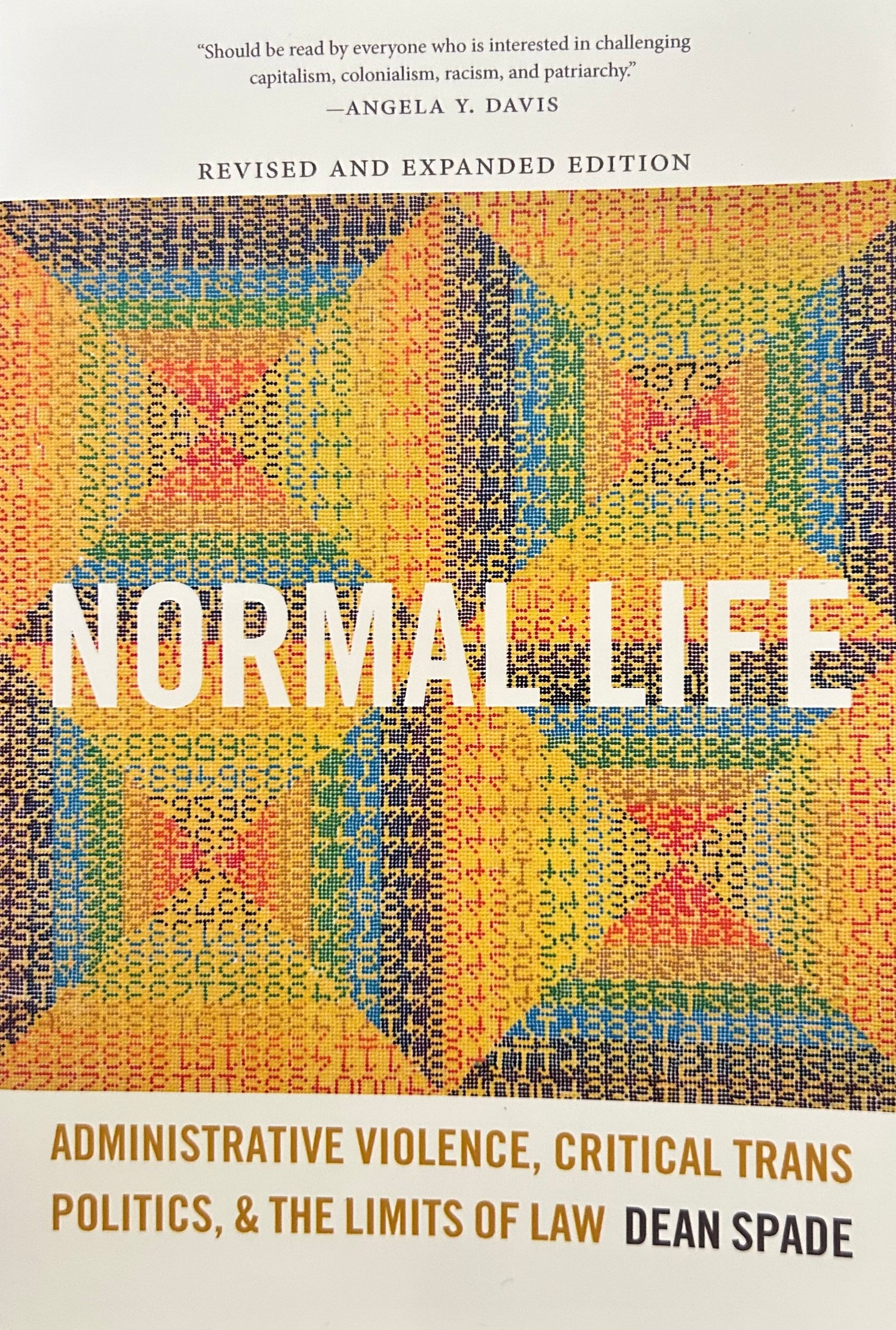
Normal Life: Administrative Violence, Critical Trans Politics, and the Limits of Law
$25.00
Unit price perNormal Life: Administrative Violence, Critical Trans Politics, and the Limits of Law
$25.00
Unit price perBy Dean Spade, 2015 Paperback
Revised and Expanded Edition
Wait—what's wrong with rights? It is usually assumed that trans and gender nonconforming people should follow the civil rights and "equality" strategies of lesbian and gay rights organizations by agitating for legal reforms that would ostensibly guarantee nondiscrimination and equal protection under the law. This approach assumes that the best way to address the poverty and criminalization that plague trans populations is to gain legal recognition and inclusion in the state's institutions. But is this strategy effective?
In Normal Life Dean Spade presents revelatory critiques of the legal equality framework for social change, and points to examples of transformative grassroots trans activism that is raising demands that go beyond traditional civil rights reforms. Spade explodes assumptions about what legal rights can do for marginalized populations, and describes transformative resistance processes and formations that address the root causes of harm and violence.
In the new afterword to this revised and expanded edition, Spade notes the rapid mainstreaming of trans politics and finds that his predictions that gaining legal recognition will fail to benefit trans populations are coming to fruition. Spade examines recent efforts by the Obama administration and trans equality advocates to "pinkwash" state violence by articulating the US military and prison systems as sites for trans inclusion reforms. In the context of recent increased mainstream visibility of trans people and trans politics, Spade continues to advocate for the dismantling of systems of state violence that shorten the lives of trans people. Now more than ever, Normal Life is an urgent call for justice and trans liberation, and the radical transformations it will require.
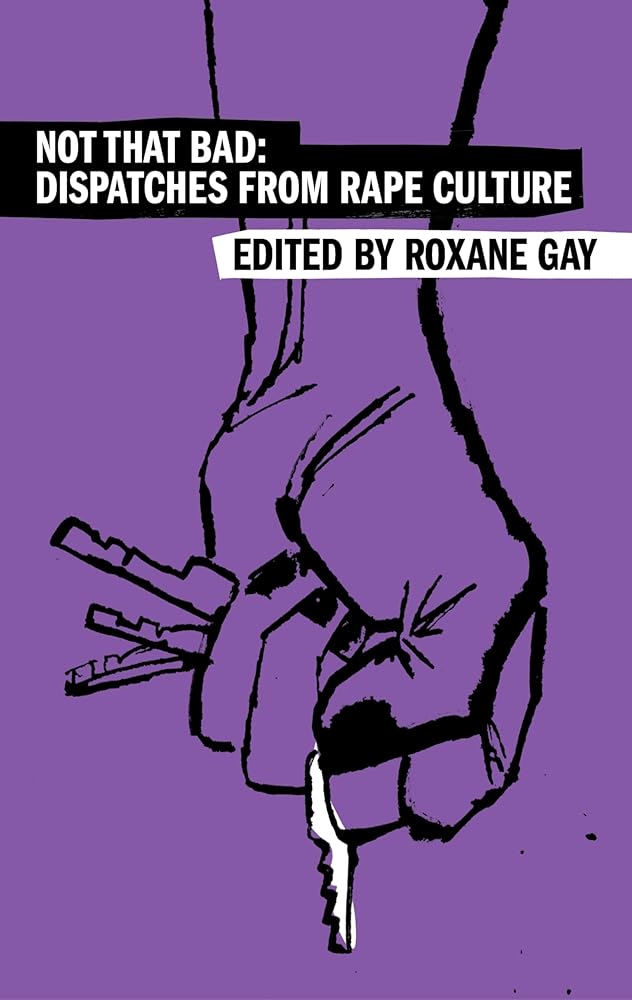
Not That Bad: Dispatches from Rape Culture (Harper Perennial Olive Editions)
$12.00
Unit price perNot That Bad: Dispatches from Rape Culture (Harper Perennial Olive Editions)
$12.00
Unit price perNew York Times Bestseller
“This is a devastating book, heartbreaking in how familiar and relatable each story is—yet there’s power and solidarity in it, too.”—Shondaland
Edited and with an introduction by Roxane Gay, the New York Times bestselling and deeply beloved author of Bad Feminist and Hunger, an anthology of powerful first-person essays from writers including Gabrielle Union, Brandon Taylor, and Lyz Lenz fearlessly that unapologetically tackles sensitive topics of rape, assault, and harassment—now available as a special Harper Perennial Olive Edition.
In this valuable and revealing anthology, cultural critic and bestselling author Roxane Gay collects original and previously published pieces that address what it means to live in a world where women have to measure the harassment, violence, and aggression they face, and where they are “routinely second-guessed, blown off, discredited, denigrated, besmirched, belittled, patronized, mocked, shamed, gaslit, insulted, bullied” for speaking out. Contributions include essays from established and up-and-coming writers, performers, and critics, including actor Ally Sheedy and writers Amy Jo Burns, Booker Prize-nominated Brandon Taylor, and Lyz Lenz.
Covering a wide range of topics and experiences, from an exploration of the rape epidemic embedded in the refugee crisis to first-person accounts of child molestation, this collection is often deeply personal and is always unflinchingly honest. Like Rebecca Solnit’s Men Explain Things to Me, Not That Bad will resonate with every reader, saying “something in totality that we cannot say alone.”
Harper Perennial Olive Editions are exclusive small-format editions of some of our bestselling and celebrated titles, and feature unique hand-drawn cover illustrations. All Olive Editions are available for a limited time only.
An energizing case for hope about the climate, from Rebecca Solnit (“the voice of the resistance”—New York Times), climate activist Thelma Young Lutunatabua, and a chorus of voices calling on us to rise to the moment.
Not Too Late is the book for anyone who is despondent, defeatist, or unsure about climate change and seeking answers. As the contributors to this volume make clear, the future will be decided by whether we act in the present—and we must act to counter institutional inertia, fossil fuel interests, and political obduracy.
These dispatches from the climate movement around the world feature the voices of organizers like Guam-based lawyer and writer Julian Aguon; climate scientists like Dr. Jacquelyn Gill and Dr. Edward Carr; poets like Marshall Islands activist Kathy Jetnil-Kijner; and longtime organizers like The Tyranny of Oil author Antonia Juhasz. Guided by Rebecca Solnit’s typical clear-eyed wisdom and enriched by photographs and quotes, Not Too Late leads readers from discouragement to possibilities, from climate despair to climate hope.
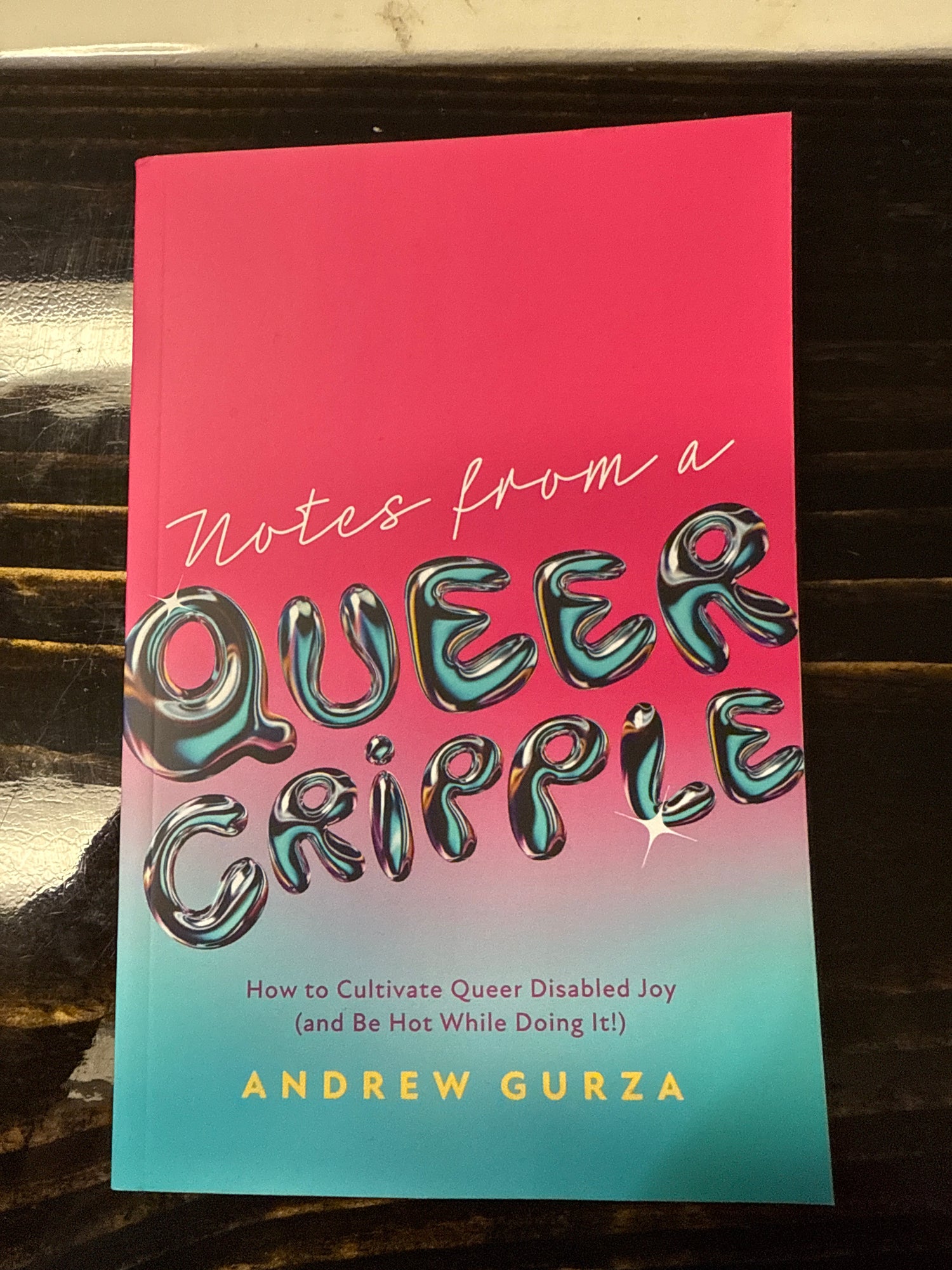
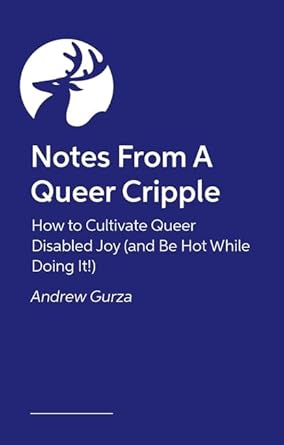
Notes from a Queer Cripple: How to Cultivate Queer Disabled Joy (and Be Hot While Doing It!)
$19.95
Unit price perNotes from a Queer Cripple: How to Cultivate Queer Disabled Joy (and Be Hot While Doing It!)
$19.95
Unit price perHow can I enjoy my hot disabled body whilst dealing with internalised ableism?
How can I best navigate my sex life with mobility issues or a carer?
Why are queer spaces so inaccessible - and what can I do about it?
Andrew Gurza is seriously hot. He's also seriously disabled. Having spent a lifetime navigating the bars, clubs and apps of the queer scene, he's learned a thing or two about sparking queer crip joy amidst the hellscape of ableism, microaggressions and 'pity sex'.
With advice on everything from sexual autonomy and self-pleasure to date-prep and disability disclosure - this is both a self-care bible and an urgent call for the queer community to do better.
